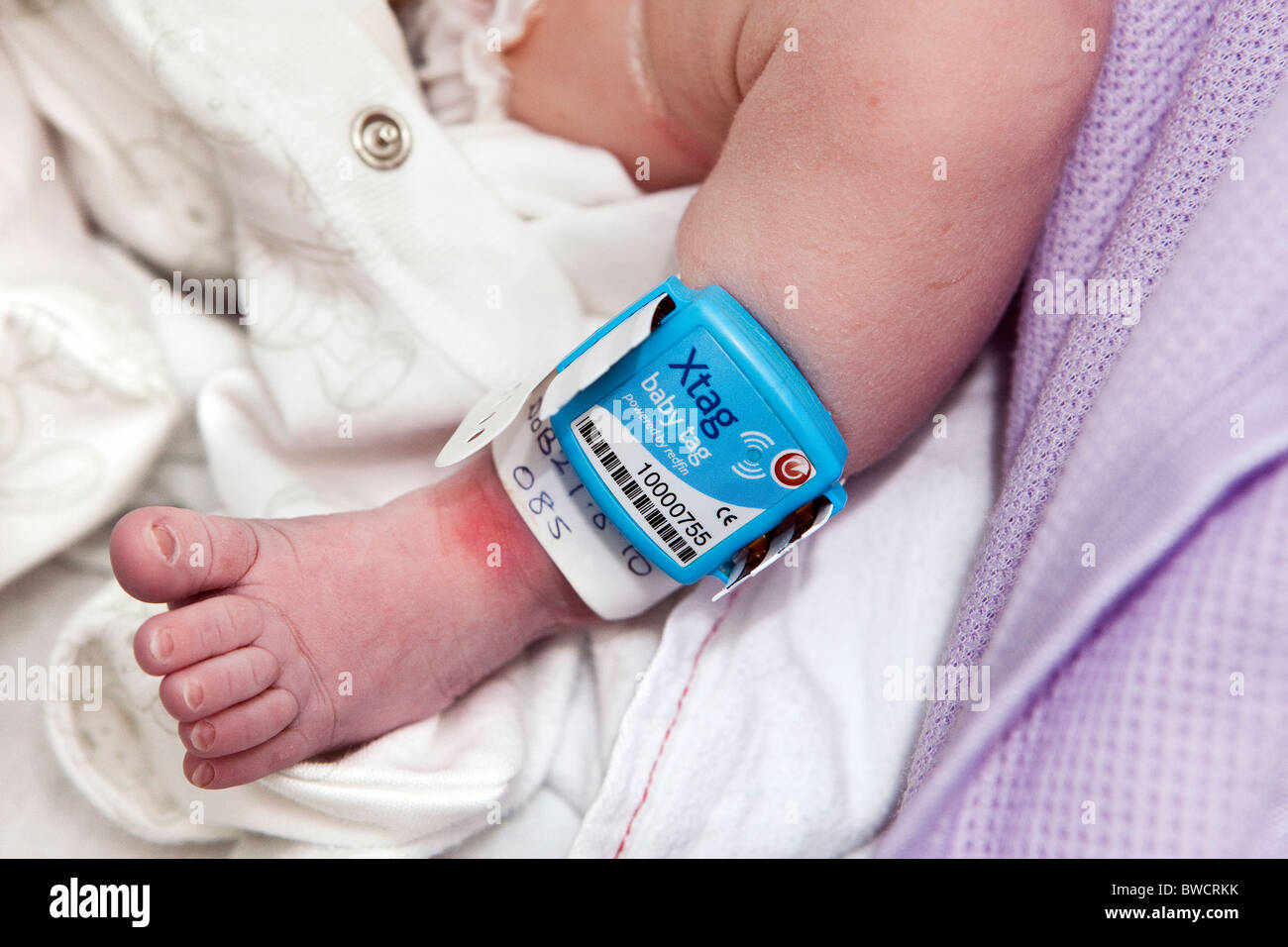

Strictly Necessary Cookies : These are essential in order to enable you to use certain features of the website, such as submitting forms on the website.The types of cookies used on this Site can be classified into one of three categories: It is recommended that you leave on all cookies if you are not sure whether you need them or not, in case they are used to provide a service that you use. Unfortunately, in most cases, there are no industry standard options for disabling cookies without completely disabling the functionality and features they add to the site. We use cookies for a variety of reasons detailed below. We will also share how you can prevent these cookies from being stored however this may downgrade or ‘break’ certain elements of the Site’s functionality. (See “Where to go for more support” at the end of this chapter.This document describes what information they gather, how we use it, and why we sometimes need to store these cookies.

A person wishing to apply to have their child returned should act quickly, by contacting the Hague Convention Advisor at the Ministry of Justice. The Chief Executive of the Ministry of Justice is the central authority for New Zealand.

A central authority is established in each contracting state to deal with applications for the return of children taken to or from that country. Note: The convention only applies to countries that have signed and accepted the convention. The aim of the convention is to ensure that a child who has been abducted or wrongfully kept in a country is returned as quickly as possible to the country where the child usually lives. New Zealand is a signatory to the Hague Convention. The other country must be one that, like New Zealand, has signed this Convention. If a child has been wrongfully taken from New Zealand or kept overseas, the government may be able to help a parent apply to have their child returned to New Zealand under an international treaty called the Hague Convention on the Civil Aspects of International Child Abduction. However, the court would have to consider that such a condition would be in the welfare and best interests of the child.Ĭare of Children Act 2004, Part 2, Subpart 4, ss 94–124 It will usually be attached to a Parenting Order if either party requests it, either at the time a Parenting Order is applied for, or later, as a variation to a Parenting Order. A non-removal condition is binding on both parties. If it is possible that a child might be taken out of New Zealand sometime in the future, a party can request the court to make it a condition of a Parenting Order that a child not be removed from New Zealand.


 0 kommentar(er)
0 kommentar(er)
